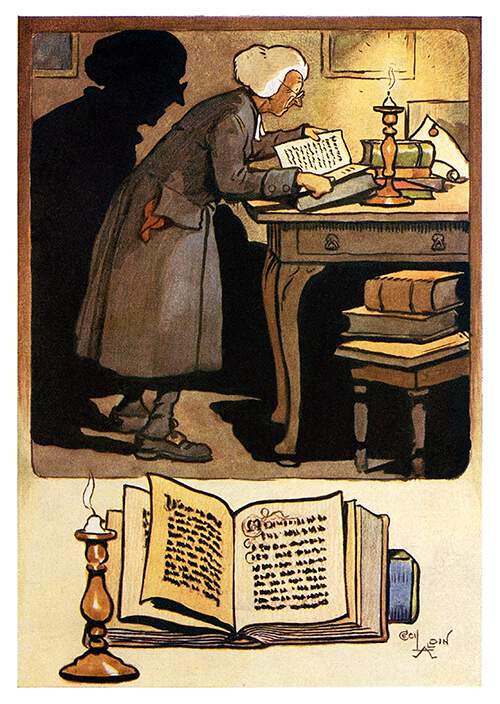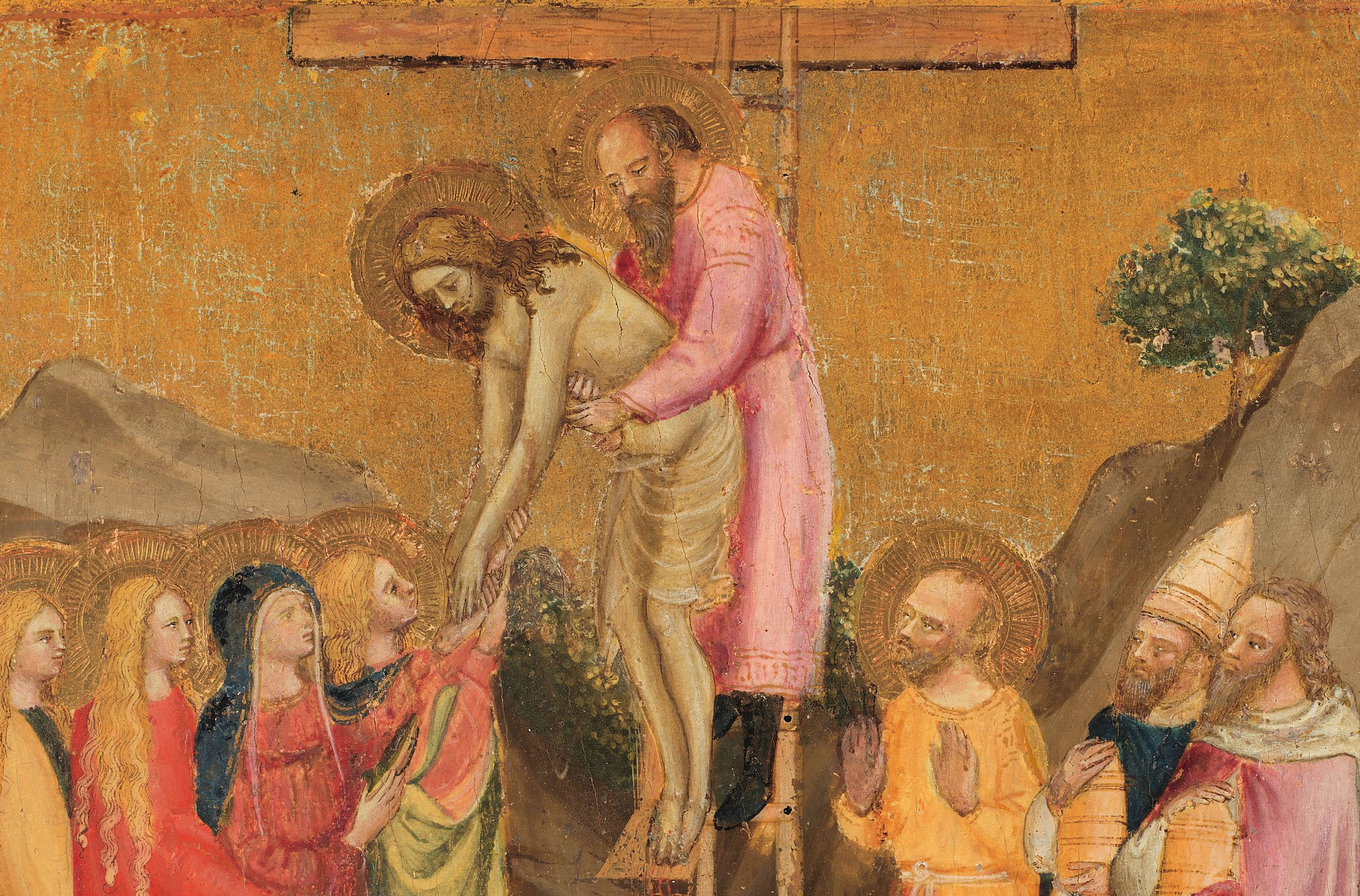We have a cliche in our culture that when men are lost, they will refuse to ask for directions. Preferring instead to forge ahead, relying on our gut instinct to guide us down the highways of America toward our intended destination. For sure there is at least some truth in the stereotype but does it extend beyond navigational concerns while behind the wheel of a vehicle?
I originally intended to title this article, “Prepare Yourself for the Work Christ has Called You To.” But Christ has called us all to the same thing. The same mission, given to us by Jesus after his resurrection.
Matthew 28:19-20 Go therefore and make disciples of all nations, baptizing them in the name of the Father and of the Son and of the Holy Spirit, teaching them to observe all that I have commanded you. And behold, I am with you always, to the end of the age.
There it is. That is the calling of every Christian. How do we prepare ourselves for that great work? Well, much of that preparation comes from reading God’s word, the Bible. To quote a song from the 90’s Christian ska band, The O.C. Supertones, “How can you stand if you don’t understand? Fight like a man, scriptures in hand.” We need to read and study the Bible to better understand the character of God and His love for His people, we must read the words that He inspired men to write thousands of years ago. I say that as someone who is a constant failure at forming good scripture reading habits.
Proverbs 3:5-6 tells us to “Trust in the Lord with all your heart and lean not on your own understanding; in all your ways submit to him, and he will make your paths straight.” When we don’t know God’s word, when we don’t seek God’s wisdom, we end up leaning on our own understanding to interpret all the things that this broken world throws up in front of us. If you are a new Christian, then now is the time to pick up a Bible. If you are an older Christian who has spent your life in a church pew but never read the Bible for yourself, now is the time to pick up a Bible.
My son once asked me who he was supposed to believe, me or his Sunday school teacher. I don’t recall what the question was specifically about but my answer to him was that he needed to believe the Bible first and foremost. Men and women are fallible, God’s word is true and steadfast. I don’t mean that we shouldn’t seek wise counsel from other Christians. There are times when our own understanding and grasp of God’s word is lacking and we seek wisdom from God through prayer and through other Christians. But whatever a fellow believer tells us must be able to be tested against the Word of God.
Many years ago, my wife and I kept a horse in a borrowed pasture that we shared with the farmer who was gracious enough to split time with us between his horse and ours. One snowy night our horse ran through the wire fence. I had no choice but to go out in the dark, in the snow and fix that fence. The break was nearly half a mile from the house and I trudged out there in the dark with only the moon as my light. I found the severed section of electric fence wire and slowly began to untangle it from the weeds. As it became less entangled I started to feel a little jolt of electricity through my gloves. Uh oh, I thought. I didn’t unplug the fence. But the gloves seemed to be protecting me from the worst of it and it was a really long walk back to where the fence was plugged in and I did not like the idea of heading back to unplug it. So I kept working and the more I got it loose from the weeds the more pronounced the shock became through my gloves. And then it happened. The wire touched an exposed section of skin on the inside of my wrist in between my glove and my coat. WHAM! It felt like someone had kicked me in the wrist. I have touched electric fences before but that was definitely the worst I’ve ever gotten shocked.
And that’s when I decided to walk back and unplug the fence. You see, I didn’t prepare for the job I needed to do and even when warning signs appeared, like getting shocked through the gloves, I kept pushing forward. I was foolishly leaning on my own understanding of the situation because I thought I knew what I was doing. That’s what it is like when we go through life as a Christian who doesn’t know the Christ of the Bible. In this life we will always face struggles and temptations but if we are ill-prepared then struggles more easily become stumbling blocks and temptations can be invited in more readily.
I don’t mean to minimize prayer or seeking knowledge and counsel from more mature believers. Both are invaluable but do not neglect to read your Bible. God speaks to us through his Word. After all, as the Supertones said, “How can you stand, if you don’t understand?”



